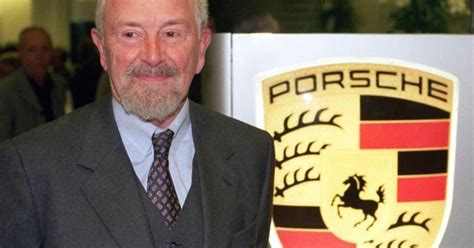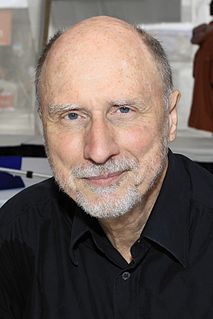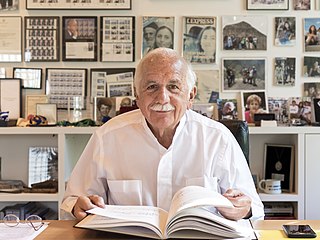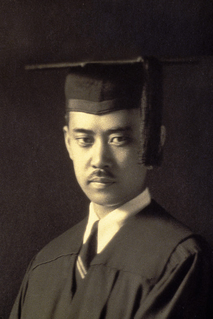A Quote by Ferdinand Alexander Porsche
If you analyse the function of an object, its form often becomes obvious.
Related Quotes
Good design is not about form following function. It is function with cultural content. By adding "cultural content" to the concept of "form follows function," objects cease to be finite or predictable. Maybe the right way to interpret the dictum is to first acknowledge that the function needs to be clearly understood before the form is considered.
To me, form doesn't always follow function. Form has a life of its own, and at times, it may be the motivating force in design. When you're dealing with form as a sculptor, you feel that you are quite free in attempting to mould and shape things you want to do, but in architecture, it's much more difficult because it has to have a function.
If form follows function, as we know it does in this Universe, then consciousness will adapt to whatever form it requires in order to function. Hopefully, it will also develop its fundamental function; what that is may be debatable within many schools of thought, but it is indisputable that evolved thinking recognizes the universality of Life.
Natural writers will often try to force themselves into a form - novel, story, screenplay, or poem - that is not necessarily the appropriate form for the way they see the world... if, in fact, they are writing from the artist's impulse, which is a deep, inchoate vision of some sort of order behind the apparent chaos of life on planet earth, they'll be driven then to express that vision in the creation of the object - the art object.
Meditation is object-less. If you use any object, then it is not meditation; it becomes thinking. It becomes contemplation; it becomes reflection, but not meditation. This is the most essential point to be understood. This is the essence of a meditative state: that it is object-less. Only consciousness is there, but not conscious ABOUT anything. Consciousness without being conscious of anything - this is the nature of meditation.
There must be a union between the spirit in wood and the spirit in man. The grain of the wood must relate closely to its function. The abutment of the edge of one board to an adjoining board can mean the success or failure of a piece. () Gradually a form evolves, much as nature produces the tree in the first place. The object created can live forever. The tree lives on in its new form. The object cannot follow a transitory “style”, here for a moment, discarded the next. Its appeal must be universal. Cordial and receptive, it should invite a meeting with man
In architecture, to do anything beyond object form is often treated as something extra-disciplinary - something outside the discipline that has nothing to do with art. So I'm making it clear that this is an artistic choice. It's not everyone's artistic choice. Some people should choose only to make object form because that's what gives them pleasure. But there are people for whom aesthetic pleasure comes from doing something else, and why would you deny that choice? It's another autonomous choice.








































